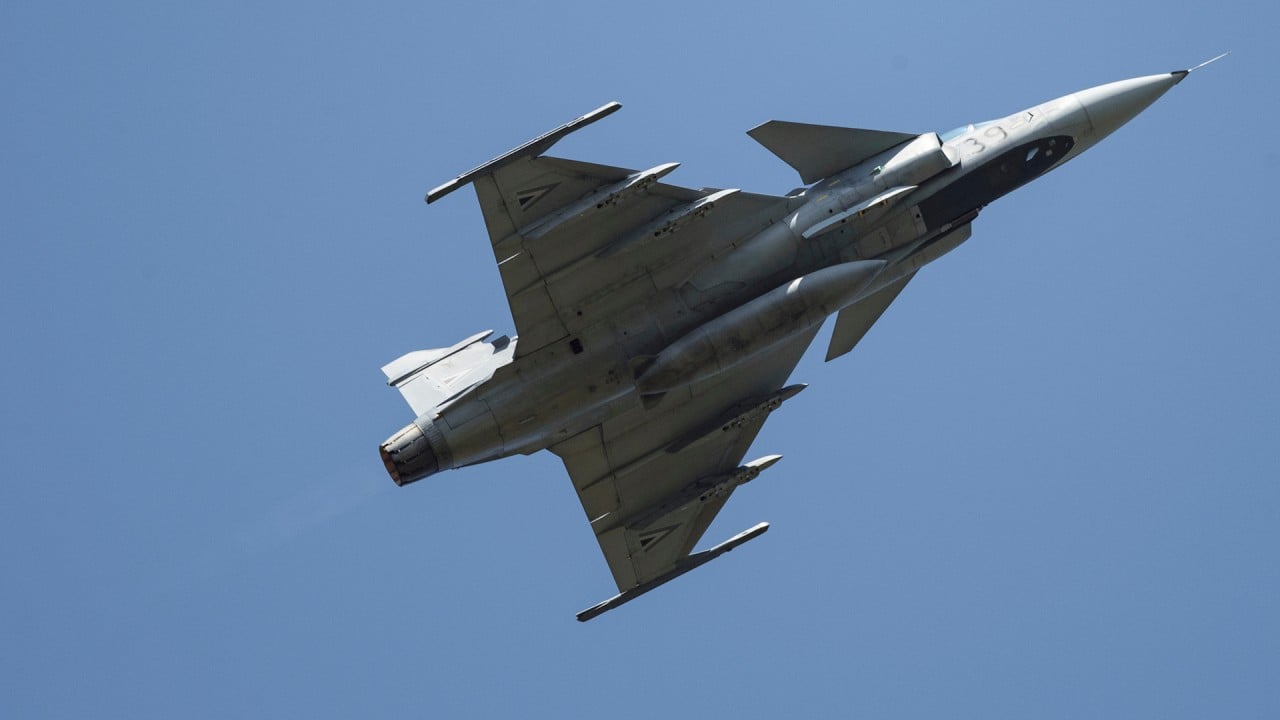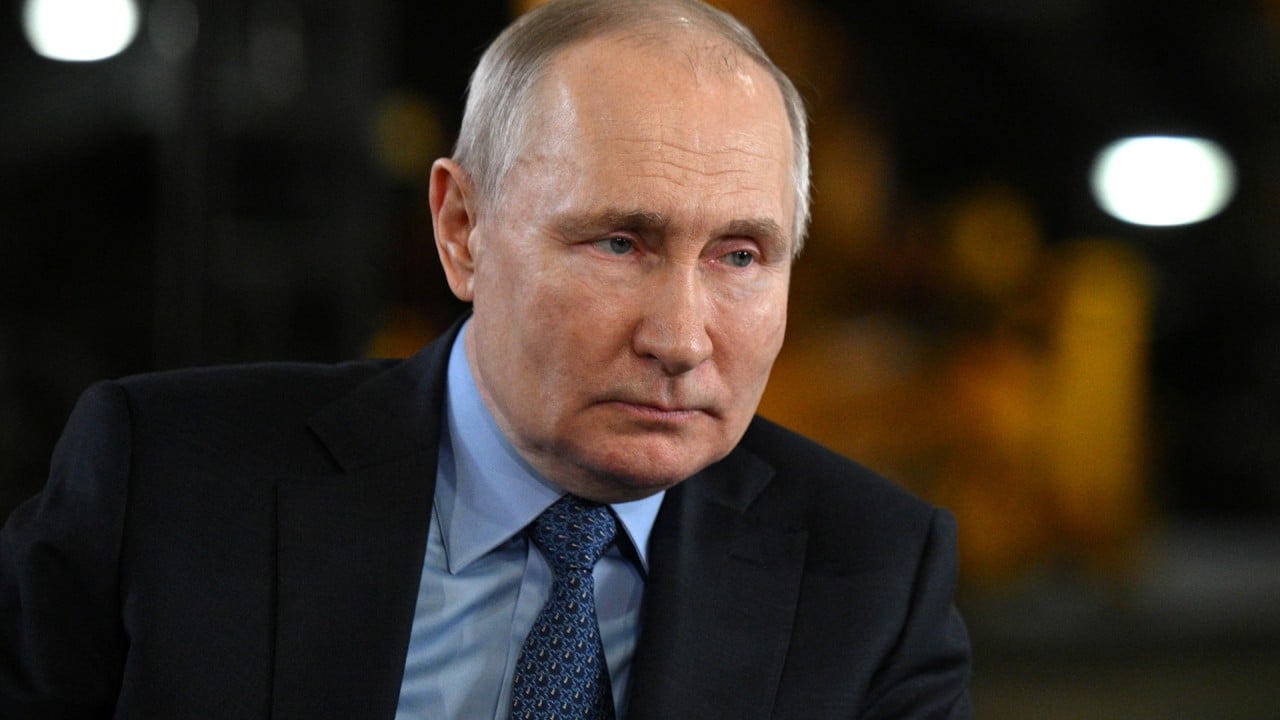
Trump’s Nato rant shows him up as a threat to Europe’s security
- While previous US leaders have at times expressed frustration with the alliance, they also regularly affirmed their commitment to Nato and its pledge of collective defence
- Not so Trump, who neither cares for Nato nor understands that deterrence won’t work if a key member cannot be trusted to enforce the line
However, let’s not forget how successful Nato has been in maintaining peace on its members’ territories, and how important unity and an unconditional commitment to each other have been to make this happen.
Without the US, there is no Nato and probably no peace. During the Cold War, Nato was a bulwark against the omnipresent Soviet threat on the European continent and elsewhere. The Soviet expansionist fantasies that had been successful in various other places around the globe were never able to get a strong foothold within Europe, thanks to Article 5 – collective defence.
But founding Nato was not a selfless act by Washington. Rather, it was a strategic decision. American leaders realised that a largely peaceful European continent, and one without Marxist ideology, would be key to America’s prosperity. Conversely, instability, with their intertwined economies, would be counterproductive to American interests.
This is why all presidents bar Trump – from Harry Truman to Obama and now Joe Biden – have regularly and powerfully reaffirmed their pledge to Nato.
Why Russia isn’t taking its chance to strike against a stretched US
But, thankfully, Putin can always rely on Trump, who made it clear during a rally this past weekend that he would not stand behind Article 5 if members weren’t paying.
“No, I would not protect you,” Trump recalled telling a European leader. “In fact, I would encourage [Russia] to do whatever the hell they want. You got to pay. You got to pay your bills.”
To those who still somehow believe Trump is playing three-dimensional chess and merely using such language to get Europeans to pay more, as a quasi-geopolitical Art of the Deal, he is not.

However, it is precisely this lack of absolute certainty that has made the concept of deterrence work so well. Because, thus far, American presidents have done their best to continuously convince the Kremlin that Article 5 is a response the Russians must never trifle with.
Trump, however, seems determined to put an end to that conviction by not only questioning collective defence but also encouraging Russia to attack. It is thus also irrelevant that Trump would inevitably face legal hurdles in any undertaking to dismantle Nato. The damage would have been done by the time the issue had been litigated and decided.
So, it’s not merely Americans who ought to oppose Trump’s return. It’s all of us. Thanks to American leadership, we have been fortunate enough to live and prosper in mostly peaceful times. A second Trump term is bound to change the status quo.
Thomas O. Falk is a journalist and political analyst who writes about German, British, and US politics



